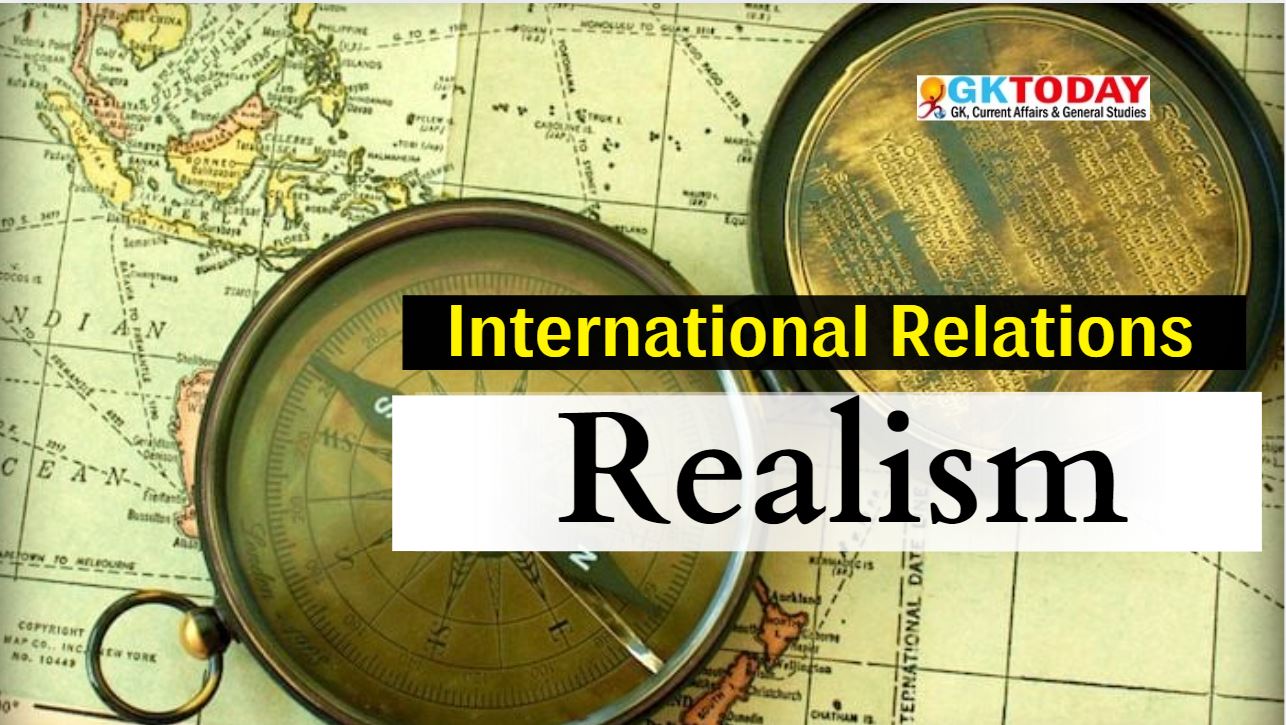Realism in International Relations
Realism is a mainstay of International Relations (IR) theory. It offers a pragmatic lens through which to view the complexities of global politics. This approach focuses on the competitive nature of state interactions, prioritising power and national interests. Realism provides a framework for understanding international conflicts and the motivations behind state behaviour.
Definition of Realism
Realism is a dominant theoretical perspective in IR. It puts stress on the competitive and often conflictual nature of international politics. The theory posits that states act primarily in their own self-interest, driven by the pursuit of power and security.
Key Assumptions of Realism
Realism is built on several foundational assumptions:
- State-Centrism: States are the primary actors in international politics.
- Anarchy: The international system lacks a central authority, leading to a self-help environment.
- Power Politics: States act in self-interest, seeking power to ensure survival.
- Human Nature: A pessimistic view suggests that humans are inherently power-seeking.
Types of Realism
Realism can be categorised into two main types:
Classical Realism
– Originated with thinkers such as Thucydides, Machiavelli, and Hobbes. – Emphasises human nature and the moral ambiguity of power politics.
Neorealism (Structural Realism)
– Developed by Kenneth Waltz in “Theory of International Politics” (1979). – Focuses on the structure of the international system over human nature. – Distinguishes between offensive and defensive realism.
Offensive Realism
– Proposed by John Mearsheimer. – Suggests states are inherently aggressive and seek to maximise their power.
Defensive Realism
– Associated with Kenneth Waltz. – Argues that states seek sufficient power for security but are not inherently aggressive.
Key Concepts in Realism
Several concepts are central to realism:
- National Interest: The primary goal of states is often defined in terms of power and security.
- Balance of Power: States aim to prevent any one state from becoming too powerful.
- Security Dilemma: Actions to increase security may lead to increased tensions and potential conflict.
- Realpolitik: Politics based on practical and material factors, often disregarding moral considerations.
Major Realist Thinkers
Several influential thinkers have shaped realism:
- Thucydides: Highlighted power dynamics in the Peloponnesian War.
- Niccolò Machiavelli: Advocated pragmatic and sometimes ruthless political strategies.
- Hans Morgenthau: Author of “Politics Among Nations,” emphasised power’s role in international relations.
- Kenneth Waltz: Introduced neorealism, focusing on the international system’s structure.
- John Mearsheimer: Developed offensive realism, arguing that great powers seek dominance.
Critiques of Realism
Realism faces several critiques:
- Overemphasis on Conflict: Critics argue that realism neglects cooperation and the role of international institutions.
- Neglect of Non-State Actors: Focuses primarily on states, ignoring the influence of non-state actors.
- Moral Implications: The pragmatic approach can lead to unethical policies.
Realism in Practice
Realism has practical applications in understanding historical and contemporary global issues:
- Cold War Dynamics: Realist principles were evident in the U.S.-Soviet rivalry.
- Current Global Issues: Realism helps analyse power shifts in Asia, U.S.-China relations, and regional conflicts.
Realism and International Law
Realists often view international law as secondary to state interests.
Realism’s Influence on Foreign Policy
Realist principles influence the foreign policies of major powers. These policies focus on national security and strategic interests. Leaders often prioritise military strength and alliances to enhance their power.
Realism in Contemporary IR Theory
Realism remains a foundational theory in IR. It influences debates on security, power dynamics, and the international order. Scholars continue to engage with realist principles to analyse contemporary global challenges.



